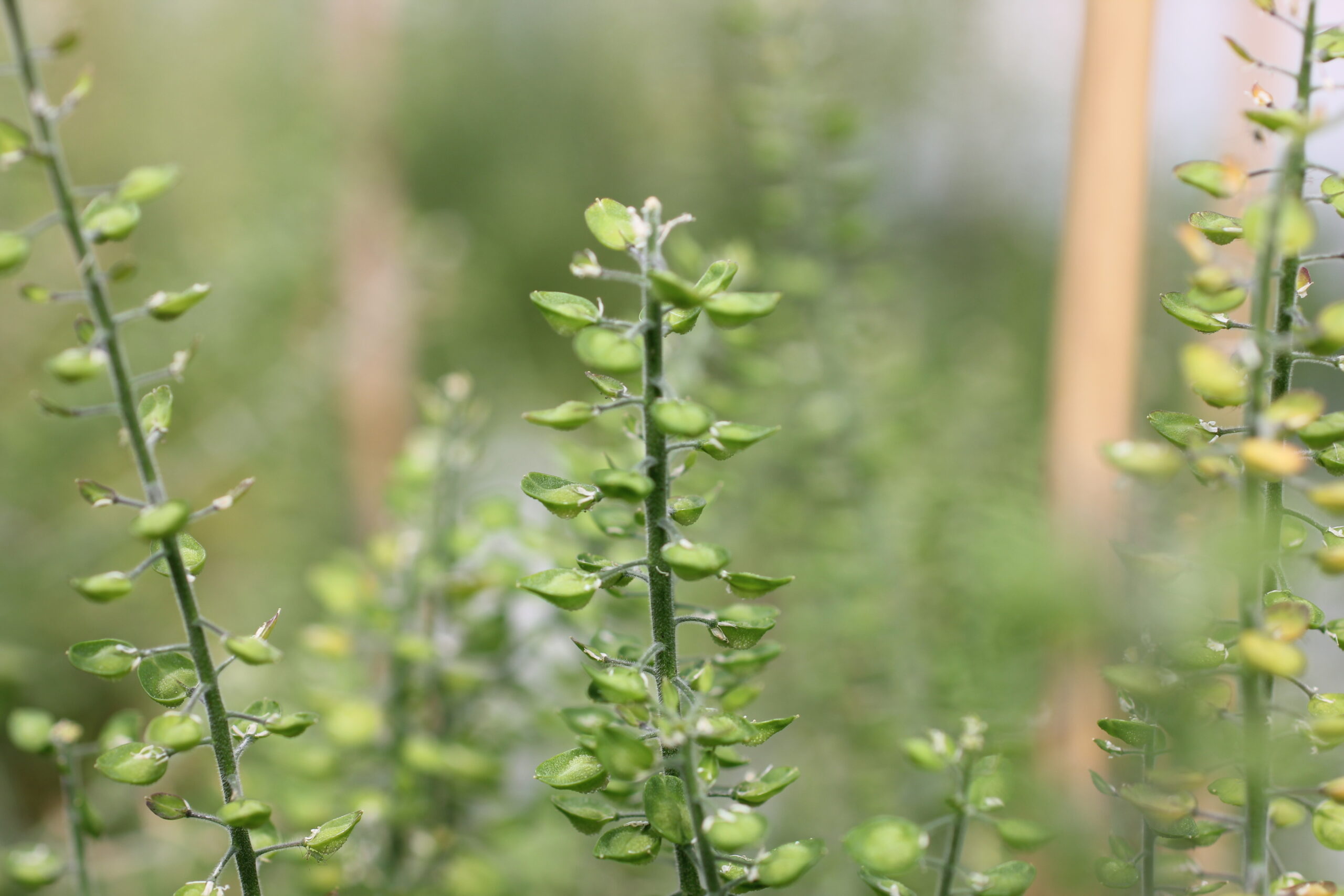Oxy-Kraft recovery boiler – Towards novel integrated green energy parks

Kraft recovery boilers, i.e., boilers burning pulping industry spent liquor (black liquor) and recovering pulping chemicals, generate both electricity and heat. Black liquor is the most important biomass-based energy source in Finland and worldwide.
The objective of the project is to enable the operation of kraft recovery boilers in oxy-fuel mode. This would open opportunities for several integrated green technologies, such as bioenergy with carbon capture and storage or use.
About 220 Mtonnes black liquor are produced worldwide, with USA as the largest with around 60 Mtonnes/year. The estimated price of an average air-fired boiler (1 Mtonnes BL/year, 1.3 Mtonnes CO2) is 200-300 MEur. The recent USA Inflation Reduction Act 2022 provides 85 $/tonne CO2 tax credit for carbon capture, resulting in roughly 110 M$/year in tax credits – a powerful incentive. However, the change to oxy-conditions is expected to strongly influence the overall process.
To achieve the goals, laboratory experiments on chemical details of black liquor behavior, corrosion and material selection, kinetic modeling of emissions, CFD modeling of various processes, techno-economical aspects of the integrated processes, and process design will be carried out.
CETPartnership project
This project originates from a call within the Clean Energy Transition Partnership (CETPartnership), a multilateral and strategic partnership between national and regional research, development, and innovation programs in EU member states and associated countries, with the aim of promoting and accelerating the energy transition and supporting the implementation of the European Strategic Energy Technology Plan (SET).
The project specifically contributes to the TRI6 challenges by enabling
- the removal of carbon emissions from the carbon cycle-negative CO2 emissions
- the integration of energy and resource-efficient industrial energy systems
- carbon capture for product use.
Organisation
The project is coordinated by Åbo Akademi University in Finland. The participation of KTH Royal Institute of Technology is supported by the Swedish Energy Agency. There are several partners in the project.
Shareq Mohd Nazir
KTH Royal Institute of Technology

smnazir@kth.se
Project information
Participants
Åbo Akademi University
KTH Royal Institute of Technology
Andritz OY
International Paper
Universidad de Zaragoza
Valmet AB
Valmet technologies OY
Time schedule
November 2023 - October 2026
Support from Swedish Energy Agency
4 907 738 SEK
Swedish Energy Agency project number
2023-00972
More projects

Cultivating sustainable energy and empowering Swedish agriculture through a novel oil crop
This project marks the beginning of a pioneering effort to develop a novel bio-based value chain for biofuel and proteins in Sweden….
Manager: Cecilia Hammenhag
Ongoing

Oxy-Kraft recovery boiler – Towards novel integrated green energy parks
Kraft recovery boilers, i.e., boilers burning pulping industry spent liquor (black liquor) and recovering pulping chemicals, generate both electricity and heat. Black…
Manager: Shareq Mohd Nazir
Ongoing

The role of bioenergy to achieve energy and climate goals – an assessment of a changeable function in a dynamic energy system
The overall aim is to describe how the role and function of biomass to achieve energy and climate goals will change over…
Manager: Pål Börjesson
Ongoing


